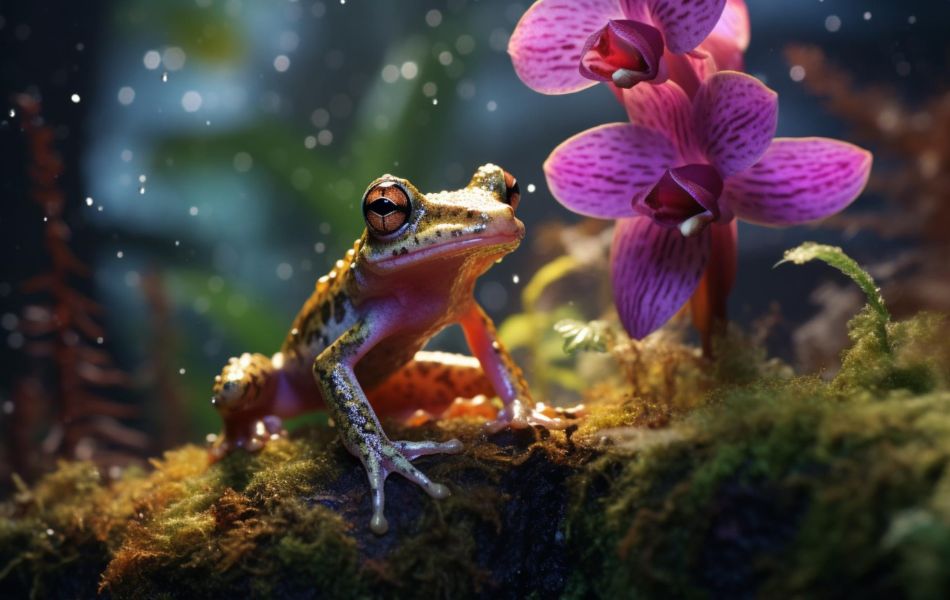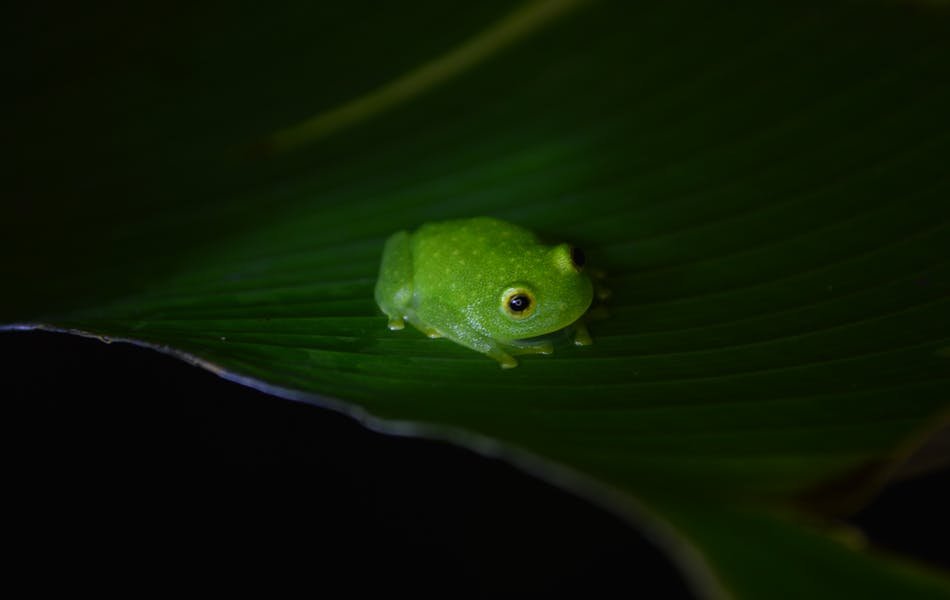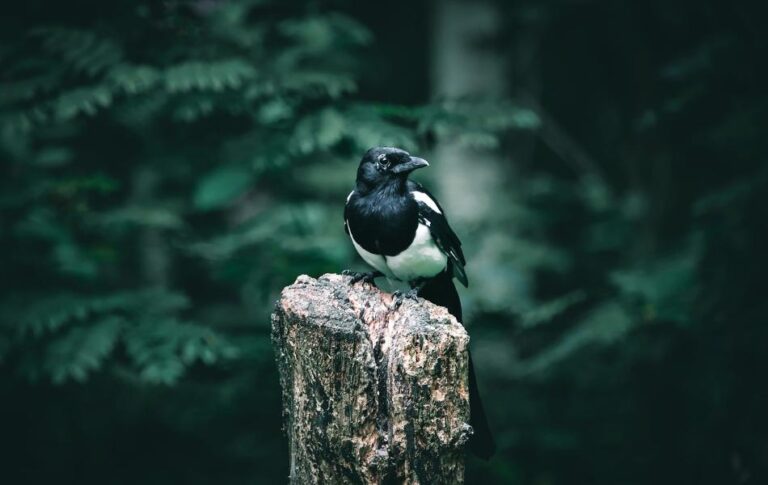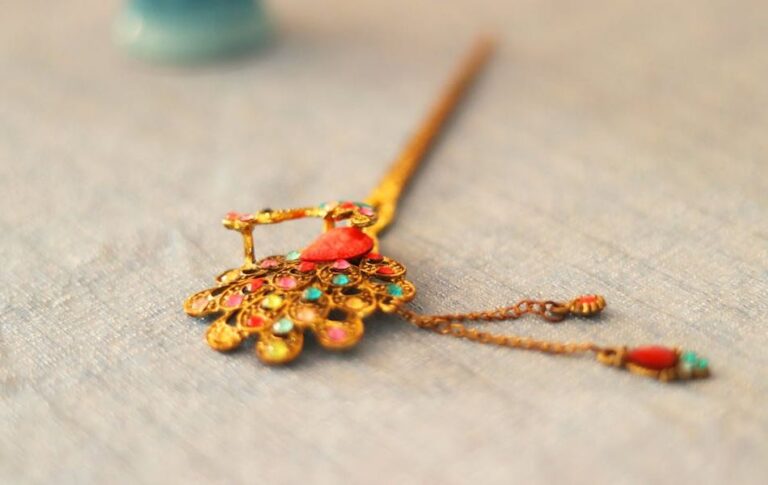The Meaning of Frogs: Spiritual Insights and Cultural Beliefs
In calm ponds and marshes, the frog is a powerful symbol. It stands for change, cleansing, and renewal. The frog’s ability to transform shows its spiritual importance. It guides us to accept change, let go of the past, and handle life’s changes with grace and wisdom.
Meaning of Seeing a Frog
The meaning of seeing a frog depends on your personal and cultural views. Some might see frogs as a bad omen, especially if they fear amphibians. Others might see them as a good sign. We can use the spiritual meaning of frogs to understand what it means to spot one, in dreams or real life.
1. Frog Totem: Symbol of Cleansing
The frog is a symbol of cleansing. You can call on the frog spirit to help clear negativity and toxic energies. Linked to water, the frog is good for emotional release.
It might mean you need to detoxify and care for your health differently. It may encourage you to release emotions or be mindful of your energy use in relationships and other concerns.
The frog spirit might also inspire you to renew your perspective. If the frog is your spirit guide, it might inspire you to let go of old beliefs and embrace new perspectives.
2. Frog Spirit Animal: Symbol of Rebirth
The frog totem symbolizes life’s cycles, especially rebirth. Its journey from tadpole to adult reminds us of transformation and rebirth in our lives. The frog’s symbolism of birth and rebirth dates back to Ancient Egypt, Ancient Rome, and other ancient cultures. It was a common symbol of fertility, rebirth, and resurrection.

In Egyptian mythology, the frog was linked to resurrection. In Roman culture, Venus, the goddess of love, was often shown with a frog.
3. Symbol of Transformation
From a jelly-like egg to a full-grown frog, the transformation is dramatic. The frog’s life cycle symbolizes major change. Seeing a frog might be a sign to transform yourself. Think about parts of your identity you have hidden or feared exploring.
The frog, being an amphibian, moves between water and land effortlessly. This ability has made it a symbol of transition. If you see the frog as your animal guide, you might be prompted to embrace change in your life, whether practical or spiritual.
4. Symbol of Fertility and Abundance
The frog symbolizes fertility and abundance. Encountering one might mean good things are on the horizon. Look out for opportunities that bring wealth, whether it’s financial, spiritual, or emotional.
Seeing a frog could indicate many opportunities and ideas. If you miss one, don’t worry; another will come soon. Alternatively, you might want to focus on self-improvement.
Frog Spirit: Mystery and Magic
The frog’s ability to move between water and earth reflects its connection to different realms. People with the frog as a spirit animal may enjoy exploring various aspects of life, including the spiritual and emotional.

Since frogs are active at night, they’re often associated with mysticism and witchcraft. This ties them to life’s mysteries and the unknown.
Forward Progress
When a tadpole turns into a frog, it can’t go back. Seeing a frog reminds us that progress is always forward. To grow, we sometimes need to let go of old habits or parts of ourselves that no longer serve us.
Achieving Higher Consciousness
Frogs are ancient creatures featured in many cultures’ beliefs. A frog sighting might prompt us to explore our spiritual connections and assess our well-being. For some, the sound of frogs croaking signals a need to release pent-up emotions and clear the mind.
Are Frogs a Good Sign?
In many cultures like Chinese, Indigenous North American, Latin American, and Egyptian, frogs are seen as symbols of renewal, vitality, and good luck. Seeing a frog can signal prosperity.
However, during medieval Europe, frogs were viewed negatively. They were associated with witchcraft, sin, and death, stemming from biblical references to the plague in Egypt. In the Xhosa tribe of South Africa, frogs are seen as a bad omen, indicating a curse.
The Cultural Significance of Frogs
1. Ancient Egyptian Mythology
Frogs were linked with Heqet, the frog-headed goddess of fertility. Egyptians saw frogs as symbols of fertility because they reproduce in large numbers. Pregnant women wore frog amulets for successful pregnancies.
2. Far Eastern Cultures
In China and Japan, frogs represent femininity (yin) and symbolize prosperity, luck, and abundance. Stories from these cultures say that the Money Frog was the favorite pet of the God of Wealth in China.

In Japan, frogs are rain gods linked to the Tsuyu rainy season. Many frogs during this time indicate a good harvest.
3. Pre-Columbian Mesoamerica
In pre-Columbian Mesoamerica, tribes worshipped Centeotl, a goddess of childbirth and fertility. She sometimes appeared as a frog with udders. Frogs symbolized the goddess and were also seen as rain spirits, used in rituals to bring rain to the land.
4. Australian Aboriginal Culture
In Australia, frogs are seen as lucky charms, believed to ward off evil spirits and bring good fortune. This belief extends beyond specific events to encompass all aspects of life.
The well-known Aboriginal creation story features Tiddalik, a greedy frog who drinks up all the water, causing concern among other animals. They unite to restore the water, highlighting the importance of cooperation.
5. Central and Latin American Cultures
In Central and Latin America, frogs hold spiritual and cultural significance. The Aztecs linked frogs and toads with Tlaloc, the god of rain and fertility. They believed frogs’ croaking signaled the need for rain, invoking Tlaloc’s blessings for renewal and vitality.
Similarly, many Indigenous peoples of North America see frogs as rainmakers. However, not all tribes view frogs as “spirit animals,” as cultural beliefs vary among Indigenous nations. Each animal holds different importance depending on the tribe.
6. Celtic Culture
In Celtic culture, frogs symbolize Earth, fertility, and rain. They’re seen as powerful healers, and their croaking signals impending rain.
7. Irish Folktales
In Irish stories, frogs were associated with witches and used in remedies. For example, one tale tells of curing whooping cough by putting a frog in a child’s mouth three times and then letting it swim away.
8. Navajo and Puebloan Cultures
The Navajo (Diné) revered the First Frog, a deity regulating floods and fires with rain. Frogs symbolize water’s duality: healing energy and destructive force, respected by the Navajo. Puebloan nations, like the Zuni tribe, depict frogs in sacred kachina figures for spiritual connection.
What Do Frogs Mean in Christianity and the Bible?
In the Bible, frogs were part of the plagues sent by God to Ancient Egypt. This showed God’s power and made the Egyptian gods seem weak.
In the New Testament, frogs are mentioned in Revelation. They symbolize unclean spirits. These spirits come from Satan and use deception to control the world.
Frogs in the Bible represent evil and deception in God’s eyes. They show how Satan tries to trick people.
The Spiritual Significance of Frogs in Islam
In Islam, frogs hold spiritual importance. They symbolize devotion to Allah and strong faith. According to one story, frogs are believed to say “Subhana Allah,” meaning “God is perfect.” In another tale, a frog saves Abraham from being harmed by Nimrod.
The Spiritual Meaning of Frogs in Buddhism and Hinduism
In Buddhism, frogs are seen as wise and patient creatures. Buddhists appreciate their singing and their role in nature.
Hindus view frogs as protectors and symbols of transformation.
See Also – What Does Dead Bee Means in Spiritual Sense?
Frogs hold rich spiritual meaning across cultures and religions, symbolizing change, renewal, and connection to the divine. Whether viewed as symbols of luck, fertility, or transformation, frogs inspire reflection and growth. Embracing their symbolism can guide us toward acceptance of life’s changes and fostering spiritual renewal in our journey.








